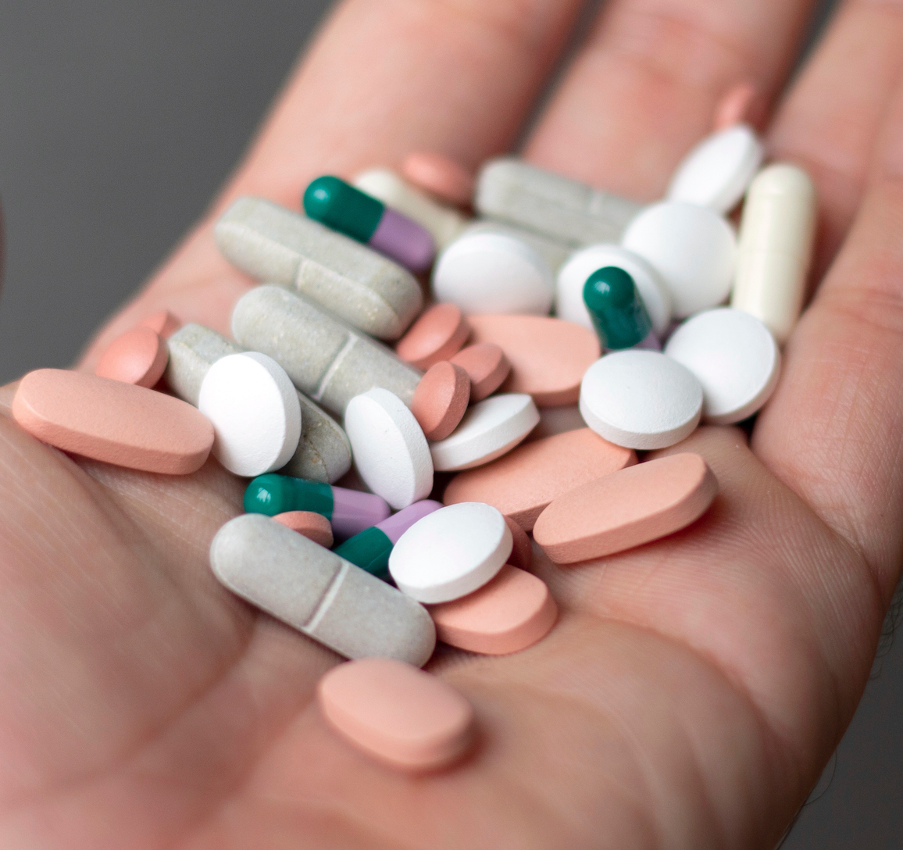Pharmacokinetics, Immunogenicity Comparable Between Adalimumab and Biosimilar CT-P17
As similar studies evaluating CT-P17 have not been conducted in Japan, these findings support applying the biosimilarity conclusions from other studies to this patient population.
The high-concentration adalimumab biosimilar, CT-P17 (Yuflyma), showed similar safety, immunogenicity, and pharmacokinetics (PK) in a population of Japanese adults when compared with the bio-originator, according to a study published in Immunotherapy.1

“Populations of different races or ethnicities may respond differently to the same medication. Intrinsic factors, including race/ethnicity and genetic polymorphisms in drug-metabolizing enzymes and transporters, may lead to variability in PKs or pharmacodynamics, with a subsequent effect on the drug response that could impact drug efficacy,” Miwa Haranaka, of the SOUSEIKAI Hakata Clinic in Fukuoka, Japan, and colleagues, explained.
A 10-week double-blind, parallel-group, single-dose phase 1 trial was performed at 3 hospitals in Japan compared the safety PK of CT-P17 and adalimumab. Healthy adults were randomized 1:1 to receive a single 40-mg subcutaneous dose of either the biosimilar or bio-originator. The primary endpoint was PK equivalence, including drug absorption, metabolism, excretion, and distribution, for area under the concentration-time curve from time 0 to infinity as well as maximum serum concentration. Blood tests were taken pre-dose on day 1 and at subsequent visits.
Eligible patients were healthy Japanese adults ranging in age from 20-55 years. Healthy status was defined as the absence of clinically relevant abnormalities based on a physical examination, detailed medical history, and laboratory tests.
CT-P17 may be linked to less injection-site pain when compared with the lower-concentration formulation of the reference product. Of the 205 patients, 102 received CT-P17 and 103 received adalimumab. Both drugs were pharmacokinetically equivalent: 90% confidence intervals (CIs) for geometric least-squares mean ratios were within the predefined 80-125% equivalence margins.
Most patients (94.1%, n = 96/102) were antidrug antibody (ADA) negative at baseline and all patients were neutralizing antibodies (NAb) negative, with a similar percentage of patients testing positive for ADA and NAbs after receiving the study drug. All patients in the CT-P17 had at least 1 ADA-positive result after administration compared with 98% of patients in the adalimumab group. A total of 94.1% and 95.1% had 1 or more NAb-positive results in the CT-P17 and adalimumab cohorts, respectively.
Secondary endpoints, such as safety and immunogenicity, were also similar between the cohorts. The mean serum adalimumab concentrations were comparable between both cohorts until day 71. Treatment-emergent adverse events (TEAEs) were reported by 45.1% (n = 46/102) in the CT-P17 group and 46.1% (n = 47/102) in those treated with adalimumab. Most TEAEs were rated as grade 1-2 in intensity. However, 2 patients in the CT-P17 cohort experienced a grade 3 TEAE and 1 patient in the adalimumab had grade 3 neutropenia. No adverse events led to discontinuation or death.
A limitation of the study was that the study sample predominantly included male patients, which may reduce generalizability. However, a previous study analyzing patients with inflammatory bowel disease treated with adalimumab showed no significant differences in ADA concentrations or serum drug between male and female patients.
As similar studies evaluating CT-P17 have not taken place in Japan, these findings support applying the biosimilarity conclusions from other studies to this patient population.
References
- Haranaka M, Tanaka T, Kim S, et al. Pharmacokinetics and safety of CT-P17 (40 mg/0.4 ml) versus reference adalimumab: randomized study in healthy Japanese adults [published online ahead of print, 2023 Feb 7]. Immunotherapy. 2023;10.2217/imt-2022-0181. doi:10.2217/imt-2022-0181